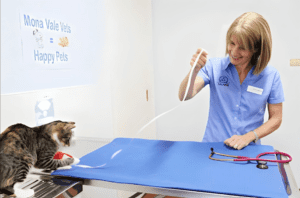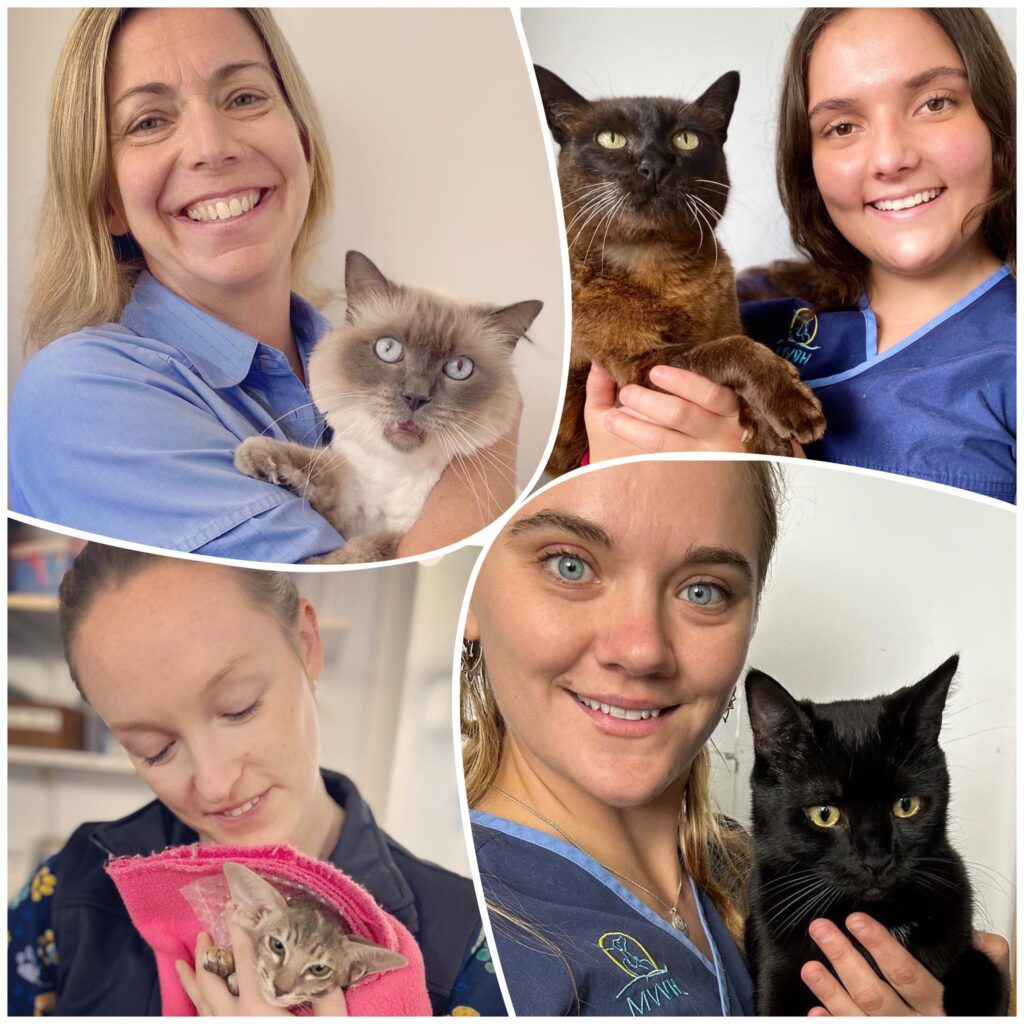Currently Australia is facing a nationwide shortage of cat vaccines due to complicated supply problems post-COVID. All brands are affected, and the shortage is expected to continue until early 2024. For this reason, vaccination of the most vulnerable and...

Currently Australia is facing a nationwide shortage of cat vaccines due to complicated supply problems post-COVID. All brands are affected, and the shortage is expected to continue until early 2024.
For this reason, vaccination of the most vulnerable and youngest cats must be prioritised. For those kittens who have not yet completed their primary course of vaccinations or had their first adult booster, they are considered to have the lowest immunity, and therefore will receive priority access when stock is available. Cats in shelter environments are also considered at high risk.
During this time of supply shortages, we will not be deactivating our reminder system which informs you of when your cat is due for vaccination and an annual health check. Despite stock possibly being unavailable, it is vital to be aware of when your cat is due for their vaccinations. For many cats, their annual vaccination visit with our team is often the only time they are examined by a veterinarian, which we consider a critical touch point in assessing current health status.
So, what diseases do we vaccinate against?
The F3 vaccine is considered a core vaccination and this provides protection against feline parvovirus (panleukopaenia), herpesvirus, and calicivirus. Herpesvirus and calicivirus are two of the viruses involved in cat flu. Cats are typically vaccinated 2-3 times as a kitten, then every 1-3 years to maintain immunity. Non-core vaccines available are feline immunodeficiency virus (FIV) and feline leukaemia virus (FeLV), however we do not routinely recommend these vaccines in our particular area.
How at-risk is my adult cat?
If your adult cat has received all their kitten vaccinations and has consistently been vaccinated every 1-3 years as an adult, it is very likely they will have adequate immunity to last until the vaccines are available again. Vaccinations are registered for the minimum duration of immunity, and in some cases, may offer immunity for a longer period of time.
How do I minimise the risk of disease exposure to my cat?
The best way to minimise your cats risk of exposure to disease is to minimise their contact with other cats. This can include, keeping them inside wherever possible (especially at night, when more cats roam) in their home environment. Consider a pet sitter who comes to your home, instead of a boarding kennel over Christmas. And if you are considering introducing a new cat or kitten to your family, ensure you find out about their vaccination history. You should also consider keeping them separate from your existing cats until all cats can have their vaccinations brought up to date.
What do I do if my cat needs to go into boarding over Christmas/New Year holiday period?
If your cat is booked for a stay at a cattery throughout the Christmas period and will be overdue for vaccination, please make contact with your cattery to chat through their vaccination policy. Some catteries will be amending their vaccine requirements through out the period of the vaccine shortage and may extend the time frame for overdue vaccinations.
The team will be reaching out to all cat owners once any cat vaccines become available.
If you have any further questions, please reach out to our team on 9999 2269 to discuss your cats situation further.



